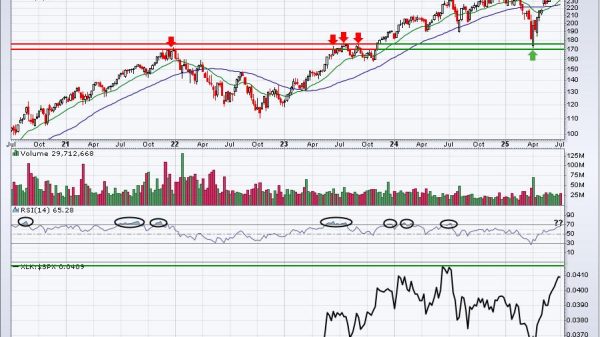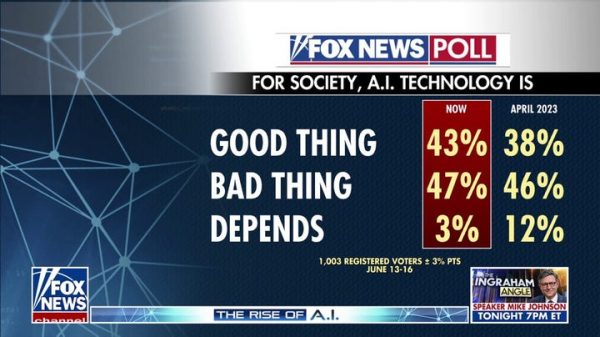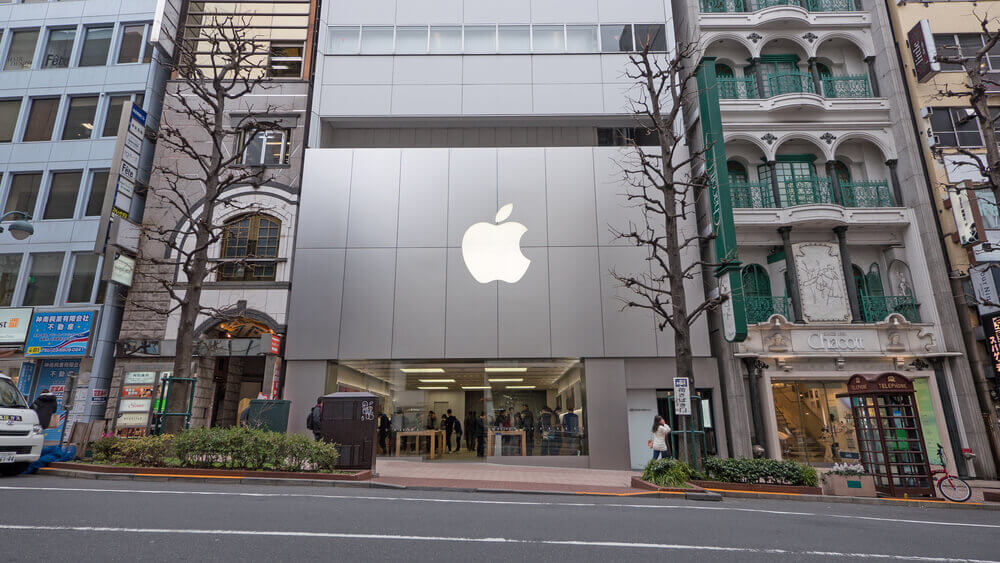Apple Launches AI, Leaves iPhone 15 and Older Behind
Quick Look:
Apple Intelligence Platform: Unveiled at WWDC, integrates generative AI into Apple’s ecosystem. Hardware Requirements: The platform requires the A17 Pro chip, excluding standard iPhone 15 and older models from AI features. Enhanced Apps: Apple Intelligence will enhance Photos, Messages, and Siri, offering a more responsive user experience.Apple (AAPL) made a significant stride into the realm of generative AI with the unveiling of its Apple Intelligence platform at the Worldwide Developers Conference (WWDC) on Monday. This move marks a major development in the tech giant’s strategy to integrate AI more deeply into its ecosystem. However, there is a catch: if you own an iPhone 15 or older, you won’t be able to use this new technology.
The Hardware Hurdle: Only for the Latest Pro Models
The company has announced that only the iPhone 15 Pro and 15 Pro Max, along with future iPhones, will be able to leverage the new Apple Intelligence platform. This is because these models are equipped with the powerful A17 Pro chip, essential for handling the demanding AI processes. In contrast, the standard iPhone 15 and iPhone 15 Plus, despite being released simultaneously, come with older, less capable chips that cannot support the new AI functionalities.
This exclusion has undoubtedly disappointed many consumers who purchased the iPhone 15 expecting it to stay updated with the latest software innovations for more than just a year. The decision has clear implications for the company’s sales strategy. Apple ensures that anyone wanting to experience its cutting-edge AI technology must opt for the high-end Pro versions or future models, thus driving higher revenue from hardware sales.
Enhancing User Experience Across Apple Ecosystem
Apple Intelligence is set to transform the functionality of several native apps, such as Photos and Messages. Additionally, it will significantly enhance Siri’s capabilities. These improvements are driven by both Apple’s AI models and OpenAI’s ChatGPT. As a result, these apps will become more responsive and intelligent. Consequently, users can expect a seamless and enriched experience.
This holistic approach to integrating AI across its existing apps contrasts with the more isolated AI features introduced by competitors. For instance, Google’s AI Overview for Search faced significant issues, such as providing erroneous and potentially harmful advice. Apple will need to avoid similar pitfalls to maintain user trust and encourage upgrades.
The widespread enhancement of app functionality through Apple Intelligence is poised to make older iPhone users consider upgrading sooner rather than later. 61% of iPhone users had kept their previous phones for two or more years, and 29% held onto them for three years or more. This new AI-driven functionality could be the catalyst that accelerates the upgrade cycle.
The Strategic Push for Faster Upgrades
Apple is strategically incentivizing users to upgrade their devices more frequently. It is doing so by limiting the availability of Apple Intelligence to the iPhone 15 Pro and 15 Pro Max. Furthermore, a UBS analyst highlighted a recent analysis showing that the average age of consumers’ iPhones is now 21 months. This is up from 19.9 months last year. Consequently, this trend of longer retention periods among iPhone users presents a challenge for Apple. To counteract this, the company aims to leverage its new AI platform.
The upcoming launch of Apple Intelligence will be critical in determining its impact on sales. If Apple delivers on the promises made during the WWDC, the new AI features could significantly influence purchasing decisions. Apple’s introduction of Apple Intelligence marks a bold step in the company’s AI ambitions. It also places a clear emphasis on driving sales of its premium models.
The post Apple Launches AI, Leaves iPhone 15 and Older Behind appeared first on FinanceBrokerage.

























